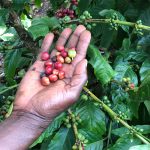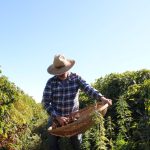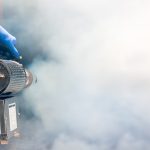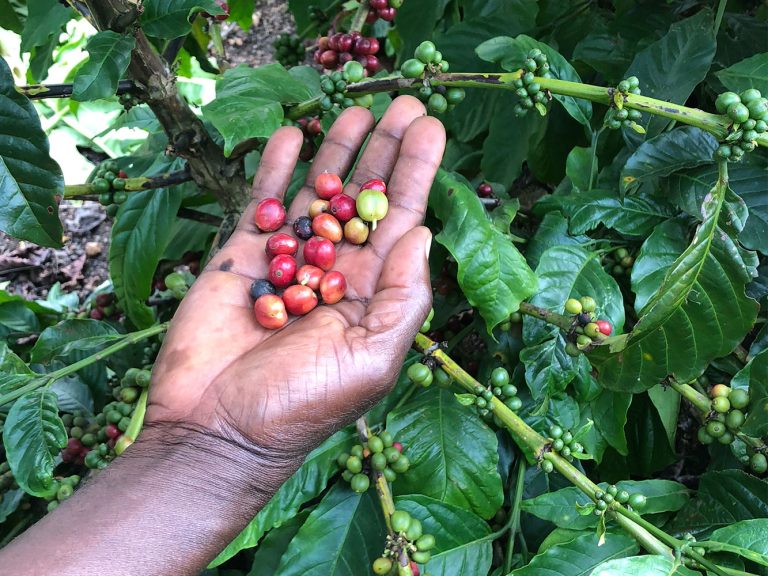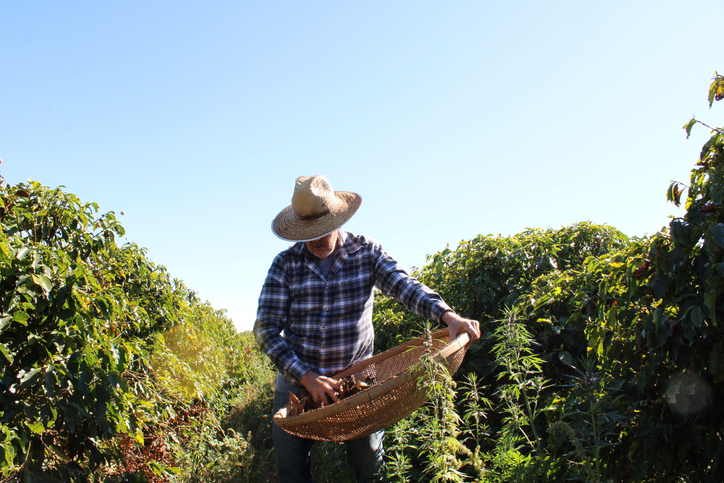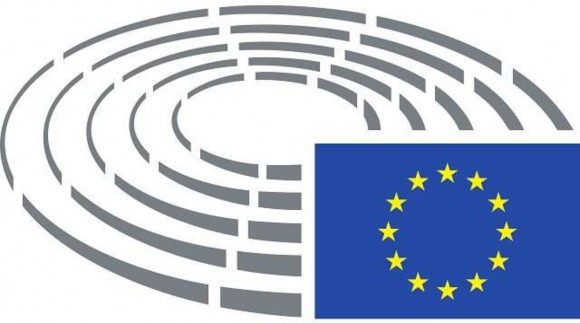If organic coffee is fumigated before shipment out of origin, it cannot be considered organic under the standards of most organic certification organizations. Organic certification requires that coffee be grown, processed, and handled using methods that avoid the use of synthetic pesticides or other chemicals. Fumigation involves the use of synthetic pesticides, which are not allowed under organic certification standards.
However, there are some exceptions to this rule. For example, the USDA‘s National Organic Program allows for the use of certain synthetic substances under specific conditions, including fumigation with methyl bromide, which is used to control pests in stored products. In such cases, the fumigation must be conducted in a way that minimizes the potential for residual pesticide residues in the final product, and the coffee must be clearly labeled as having been treated with a synthetic substance.
Ultimately, whether or not coffee that has been fumigated can be considered organic will depend on the specific standards of the organic certification organization in question, as well as the circumstances under which the fumigation was carried out.
All the coffee exported from any coffee origin around the world must be accompanied by the certificate of fumigation. Another words, organic or not, all coffee must be fumigated.
